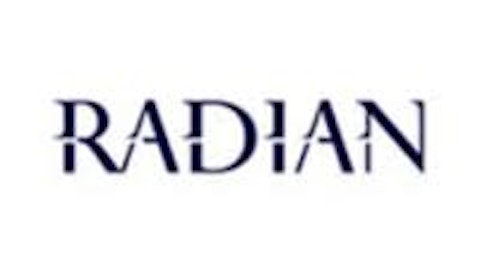Hedge funds find new Swiss rules good for business (Reuters)
At least ten new hedge funds are set to launch in Switzerland this year, after none in 2012, in a boost to the country’s $24 billion industry, sources familiar with the plans said. Fund managers had feared tighter legislation passed this year would damage the hedge fund sector in Switzerland, but the new rules have in fact attracted institutions previously unable to invest in such funds by giving them more protection. …Ex-JPMorgan Chase & Co. (NYSE:JPM) star trader Deepak Gulati, who named his Argentiere Capital after a picturesque ski resort in the French Alps, and former Man Group/GLG Partners (EMG.L) manager James Berger who has set up B1 Capital will both launch funds shortly, people close to them said. Their funds are expected to be among the larger global hedge fund launches this year.
It’s Never Been Harder To Start A Hedge Fund (BusinessInsider)
If setting up a hedge fund were easy, more people would do it: bar inheritance or winning the lottery, there are few swifter paths to immense riches. Sadly for aspiring plutocrats, it is getting ever harder to launch a fund. Swaggering financiers once joked that launching with less than $1 billion of outside money to invest was hardly worth their time. Debuts that splashy are now notable only for their scarcity. A new fund typically opens with $50m-100m in assets under management. …Punier funds make for a less attractive business model. A $50m pile might once have been enough to sustain a small firm. Creaming off 2% of assets and 20% of profits—the standard hedge-fund fee formula—could generate around $2m a year given decent performance. No longer. Declining fees and low industry-wide returns have halved that amount.
Private banks must revamp to regain clients (AsianInvestor)
Private banks in Asia will need to change their approach to serving the high-net-worth segment in the post-crisis era, according to fund-of-hedge-fund executives. Once a vital distribution channel for fund of hedge funds, private banks have lost the confidence of HNW individuals and are now used as a conduit to sell the banks’ own products, according to FoHF panellists at the Fund Forum Asia event in Hong Kong last week. Prior to the crisis, private bank channels had an “open architecture” for fund distribution, notes Daniel Ghirardi, Asia-Pacific chief executive for Swiss-based Syz Group. The firm’s business spans private banking, asset management and investment funds.
D.E. Shaw Multistrategy Fund Chalks Up Gain in Q1 (InstitutionalInvestorsAlpha)
David Shaw’s multistrategy fund, D.E. Shaw Composite Fund, posted a 4.6 percent gain in the quarter ended March 31, according to the D.E. Shaw Group’s March report sent recently to clients. Its performance is more or less in line with other well-known multistrategy funds, such as those managed by Kenneth Griffin’s Citadel and Daniel Och’s Och-Ziff Capital Management Group. Citadel’s Kensington and Wellington funds and Och-Ziff’s OZ Master Fund were each up around 4 percent in the same period.As of April 1, one fourth of the Composite family of funds’ assets were invested in equity arbitrage strategies. Another 13 percent to 14 percent was allocated to equity-linked strategies,with about 10 percent to discretionary macro strategies and another 10 percent to corporate credit-related strategies, according to the report, a copy of which was obtained by Institutional Investor’s Alpha.
Cohen’s land deals (NYPost)
Hedge-fund billionaire Steve Cohen is on a real-estate buying spree as his SAC Capital insider-trading woes continue. Cohen, whose firm got a conditional court agreement to pay the Securities and Exchange Commission $602 million this week, snapped up 145 Perry St. in the West Village for $38.8 million, according to public records of the sale. The apartment building was being developed by David Halpern Architects, but that deal fell through. Records show it was sold to Cohen’s Greenwich Heights Corp. in Stamford, Conn.

